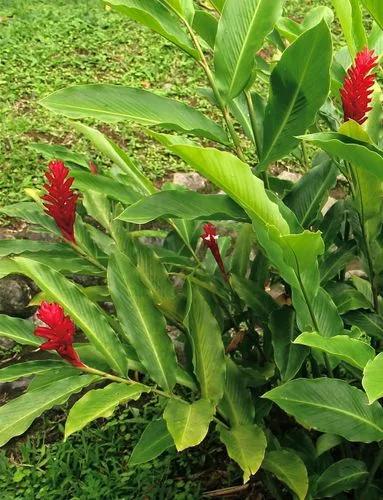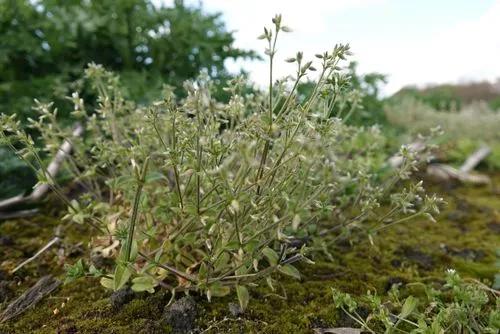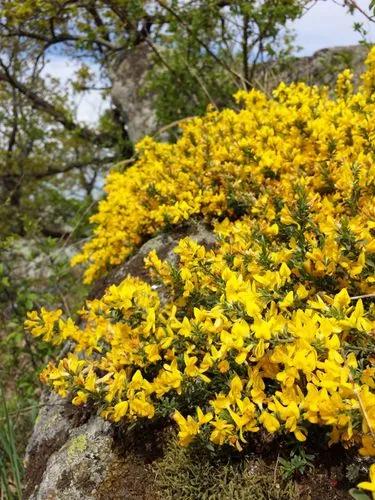Poppies are herbaceous plants, often grown for their colourful flowers. One species of poppy, Papaver somniferum, is the source of the narcotic drug opium which contains powerful medicinal alkaloids such as morphine and has been used since ancient times as an analgesic and narcotic medicinal and recreational drug.
Poppy Care
Papaver



How to Care for the Plant

Water

Water small poppies becoming established in the garden with 1 inch of water. You can water from overhead using a garden hose or sprinkler, if desired. However, do it in the morning so the foliage can dry out during the day to help prevent fungal diseases. Continue to keep the soil around your newly planted poppies slightly moist for four to six weeks.

Pruning

If your poppies have been in place for a number of years, you might notice in some of the plants new leaves at the point 3 inches above the base when you prune. These plants may rebloom throughout the summer, though their color may be a paler shade than the first bloom.

Fertilizer

Perennial and annual poppies will thrive with moderate use of supplemental liquid fertilizers. The University of Rhode Island recommends that gardeners fertilize "at time of planting by using a controlled release fertilizer product that will feed all season or use a liquid with 20-20-20, 23-19-17 or a similar liquid fertilizer on a bi-weekly basis." Apply these after new growth appears in spring. Cease use when poppies begin to enter dormancy. Take care to avoid over-application. Excess nitrogen and phosphorus can easily run off in storm water, contaminating waterways

Soil

Poppies grow best if they have at least 250mm of top soil into which their root system can grow. This ensures sufficient soil volume is available from which the plant roots can extract nutrients and moisture. Soil volume can be increased by using raised beds.

Temperature

Poppies can be planted any time of year depending on where you're located. Wherever you're located, plant poppies when the temperature in your area is between 35 and 65 degrees Fahrenheit (or 1.6 to 18.3 degrees Celsius).

Container

It is not difficult to grow poppies in containers as long as you plant them in the correct sized pot, use quality soil

Additional

Crude poppy material at any dose is highly poisonous. The alkaloids are extremely toxic and can cause convulsions, asphyxiation and death. Using any part of the poppy, in any way, is life-threatening; people in Tasmania have died from doing this. They grew on battlefields because of rubble. ... Remembrance poppies were designed to be made with one hand. ... Scottish remembrance poppies look different from the rest of the UK. ... The first British poppy crop was destroyed by hares. ... Poppies are needed to make morphine.

Popularity

97 people already have this plant 34 people have added this plant to their wishlists
Discover more plants with the list below
Related articles






